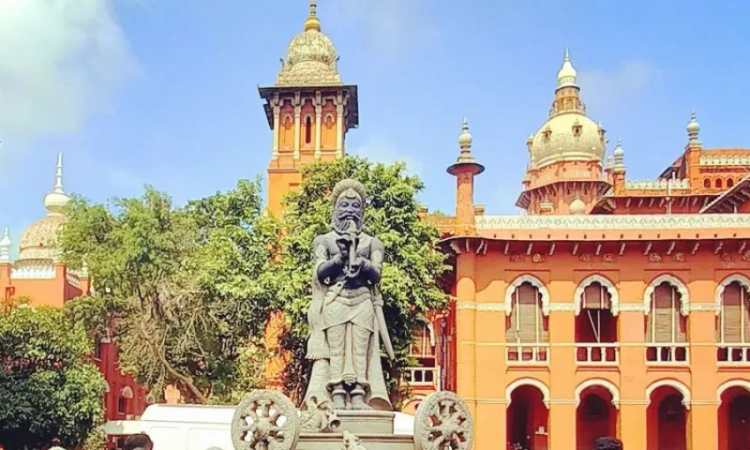State Not Bound By Prison Authority's Recommendation For Premature Release Of Convicts: Madras High Court
Sebin James
21 March 2022 2:30 PM IST

Next Story
21 March 2022 2:30 PM IST
The Madras High Court has refused to reconsider the case of John David, convicted prisoner in the 1996 infamous murder of Pon Navarasu, for premature release.A bench of Justices P.N. Prakash and A.A. Nakkiran observed that the State Government and the Governor are not bound by the recommendation made by the jail authorities in favour of John David. The Governor alone can exercise the...
